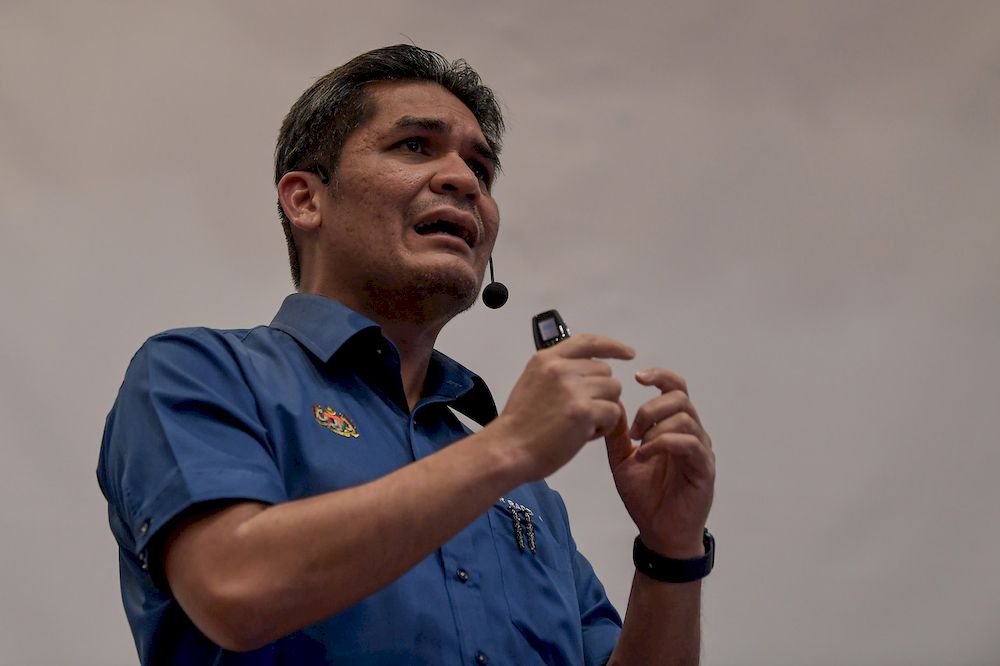MOE Is Finalising A New Committee To Look Into Period Spot Check Complaints
Radzi said that this independent committee is being set up to investigate the controversial period spot check allegations that happen during the month of Ramadan in schools.
The Ministry of Education (MOE) is nearing completion on the establishment of a new independent committee to handle complaints concerning period spot checks in schools
"The committee will make recommendations to enhance the current mechanisms," Education Minister Datuk Dr Mohd Radzi Md Jidin told reporters during a live press conference via Facebook on Sunday, 20 June.
The new independent body will also investigate other related issues that will inevitably arise in the future. "If similar concerns arise again, there will be a more thorough investigation," he added.
When questioned by a reporter on the progress of the recently reported incidents, Radzi said, "This matter is being looked at by the ministry."
In April, a few students turned to Twitter to disclose the practice of period spot checks on female students at schools during Ramadan
According to a report by Malaysiakini, the students stated that they were asked to physically prove that they were menstruating in order to be excused from fasting and praying.
This was allegedly done by exposing their blood-soaked sanitary pads, swabbing their vaginas with cotton buds, tissues, or even their fingers, or having a teacher, warden, or school prefect pat them down at the genital area to feel whether they were wearing a sanitary pad.
These allegations were from present students as well as former students who graduated up to 20 years ago.
Radzi has previously stated that his ministry will take action if comprehensive facts on the practice of period spot checks are provided
This came after his initial comment that his ministry's investigations, which were launched in response to public outcry and complaints, had discovered no evidence of such practices in schools at the time.
Following public uproar over these revelations, netizens and non-governmental organisations (NGOs) have criticised the practice, calling it illegal and a breach of children's rights, since it contains aspects of sexual harassment or abuse.

